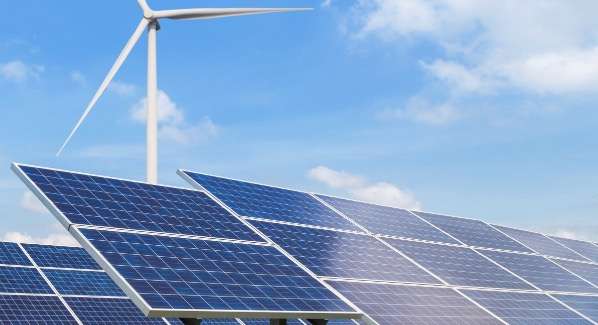The United Nations Framework Convention on Climate Change released its draft synthesis report for the first Global Stocktake on Sept. 8. The report is the first comprehensive assessment of collective progress on climate action since adopting the Paris Agreement in 2015. Its release comes on the heels of the most recent Intergovernmental Panel on Climate Change report, which described “widespread and rapid changes” occurring worldwide.
Key insights
The Global Stocktake report issues a stark review based on two years of data collection and stakeholder insights. Here are the key emerging messages:
- The Paris Agreement is driving near-universal climate action, but far more ambition is required on all fronts and by all actors. More ambitious mitigation targets, adaptation goals, and efforts to avert, minimize and address loss and damage are urgently needed.
- The global community is not on track to reduce emissions to the level needed to limit global temperature rise below 1.5 C (2.7 F). The window of opportunity to bridge this 20.3–23.9 GT CO2e divide is rapidly narrowing.
- Achieving the long-term goals of the Paris Agreement calls for systems transformations at all scales. Systems transformations should mainstream climate resilience and low-carbon development across sectors.
- By nature, systems transformations require a whole-of-society approach, engaging cities, states, financial institutions, the private sector and others.
- Renewable energy should be massively scaled up while phasing out all unabated fossil fuels. Critical elements of a just energy transition—beyond inclusivity and equity—include electrification, energy efficiency and energy storage.
- The global community must unlock and redeploy trillions of dollars in climate finance to enable climate action in developing countries.
Potential solutions
While the report offers a sobering review of climate action’s serious shortcomings, it also highlights the solutions that hold the greatest promise. Among those most relevant to the work of USGBC and the global green buildings community are
- Pursuing low-carbon energy sources, efficiency gains and electrification for buildings.
- Using low-carbon construction materials.
- Leveraging nature-based solutions to sequester carbon and boost resilience in cities.
- Implementing smart urban planning to reduce and manage waste.

